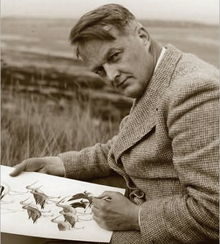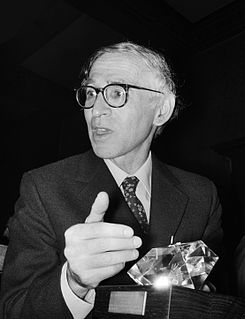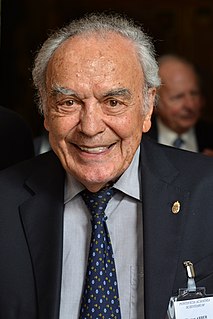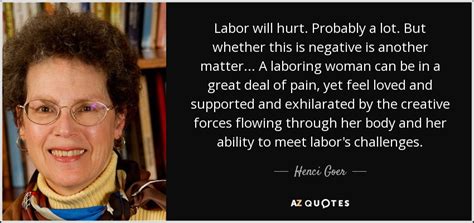A Quote by Marston Bates
Beyond natural history Other biological sciences take up the study at other levels of organization: dissecting the individual into organs and tissues and seeing how these work together, as in physiology; reaching down still further to the level of cells, as in cytology; and reaching the final biological level with the study of living molecules and their interactions, as in biochemistry. No one of these levels can be considered as more important than any other.
Quote Topics
Any
Beyond
Biochemistry
Biological
Biological Science
Cells
Considered
Dissecting
Down
Final
Further
History
How
Important
Individual
Interactions
Level
Levels
Living
Molecules
More
Natural
Natural History
Organization
Organs
Other
Physiology
Reaching
Sciences
Seeing
Still
Study
Take
Than
Tissues
Together
Up
Work
Work Together
Related Quotes
The world of organisms, of animals and plants, is built up of individuals. I like to think, then, of natural history as the study of life at the level of the individual-of what plants and animals do, how they react to each other and their environment, how they are organized into larger groupings like populations and communities.
The task of neural science is to explain behaviour in terms of the activities of the brain. How does the brain marshall its millions of individual nerve cells to produce behaviour, and how are these cells influenced by the environment...? The last frontier of the biological sciences – their ultimate challenge – is to understand the biological basis of consciousness and the mental processes by which we perceive, act, learn, and remember.
It must be stressed that there is nothing insulting about looking at people as animals. We are animals, after all. Homo sapiens is a species of primate, a biological phenomenon dominated by biological rules, like any other species. Human nature is no more than one particular kind of animal nature. Agreed, the human species is an extraordinary animal; but all other species are also extraordinary animals, each in their own way, and the scientific man-watcher can bring many fresh insights to the study of human affairs if he can retain this basic attitude of evolutionary humility.
The philosophy that I have worked under most of my life is that the serious study of natural history is an activity which has far-reaching effects in every aspect of a person's life. It ultimately makes people protective of the environment in a very committed way. It is my opinion that the study of natural history should be the primary avenue for creating environmentalists.
There is more and more data that the biological molecules of aging are more under the influence of psychological factors than the chronological age that we usually associate with. Of course there are other things that influence our aging process, including how we perceive time. If you're constantly running out of time, then your biological clock speeds up, and you do run out of time with a heart attack or something like that. The quality of our self-esteem determines how we age. Our perception of our bodies as fields of energy or fields of matter influence how our body ages.
Although a biologist, I must confess I do not understand how life came about... I consider that life only starts at the level of a functional cell. The most primitive cells may require at least several hundred different specific biological macro-molecules. How such already quite complex structures may have come together, remains a mystery to me. The possibility of the existence of a Creator, of God, represents to me a satisfactory solution to this problem.
Most people don't put things together. Geologists study the surface of the earth and geological phenomena. Meteorogists study the weather. That isn't science. Science is the study of all things that affect human beings. They have to be together! A meteorologist has difficulty talking with a sociologist, because they don't understand each other. You can't teach sciences in 'bits'; you have to bring it all together. Science is a way of thinking - a way at arriving at conclusions without your own opinion in it.
Biology is a science of three dimensions. The first is the study of each species across all levels of biological organization, molecule to cell to organism to population to ecosystem. The second dimension is the diversity of all species in the biosphere. The third dimension is the history of each species in turn, comprising both its genetic evolution and the environmental change that drove the evolution. Biology, by growing in all three dimensions, is progressing toward unification and will continue to do so.
A study of interactions between women and obstetricians offers an explanation. It described three levels of increasing power imbalance: In the first, you fight and lose; in the second you don't fight because you know you can't win. However, in the highest level of power differential, your preferences are so manipulated that you act against your own interests, but you are content. Elective [meaning requested for no medical reason, not to be confused with needed surgery planned in advance] repeat cesarean exemplifies that highest level.


































